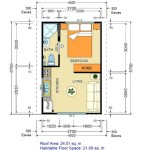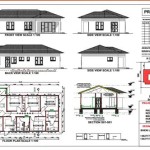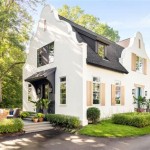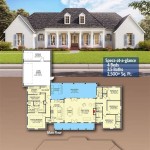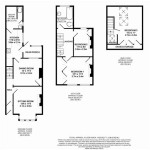Middle Ages Castle Floor Plan
The floor plan of a medieval castle was a direct reflection of its purpose: defense, habitation, and a symbol of power. While castle designs varied greatly depending on geographical location, available resources, and the specific needs of the lord, some common elements and principles governed their construction.
Understanding a medieval castle floor plan requires recognizing the layers of defense typically employed. The outermost layer was often a natural barrier, such as a river, cliff, or lake. This was supplemented by a man-made ditch, or moat, designed to hinder attackers. The outer wall, or curtain wall, typically encircled the entire castle complex. It featured towers at intervals, allowing defenders to observe and fire upon approaching enemies from multiple angles. Gatehouses provided controlled access and were often fortified with portcullises, heavy wooden or metal grilles that could be lowered quickly to block entry.
Within the curtain wall lay the bailey, an open courtyard containing essential structures. These included stables, workshops, kitchens, storehouses, and sometimes a chapel. The bailey provided space for everyday activities and served as a refuge for the local population in times of siege. In larger castles, there might be multiple baileys, each serving a different function and offering further layers of defense.
The keep, also known as the donjon, was the strongest and most heavily defended part of the castle. Typically located on the highest ground within the bailey, it served as the lord's residence and the last line of defense. The keep's floor plan varied, but often included a great hall, a kitchen, private chambers, and a chapel. The great hall was the heart of the keep, used for dining, meetings, and administrative tasks. Storage areas and cellars were often located in the basement or lower levels.
Access to the keep was carefully controlled. A narrow, easily defendable staircase or a single, heavily fortified doorway typically provided the only entrance. The walls of the keep were thick and robust, designed to withstand prolonged sieges. Arrow slits and murder holes, small openings in the ceiling or floor above doorways, allowed defenders to pour projectiles onto attackers.
The placement of the well within the castle was of paramount importance. A reliable water source inside the castle walls was essential during a siege. Wells were often dug deep to ensure a continuous supply of potable water. Protecting the well from contamination or sabotage was crucial, and access was carefully controlled.
While the keep was the primary residential structure, other buildings within the bailey also contributed to the castle's domestic function. Solar chambers, private rooms typically located on the upper floors of buildings within the bailey, offered more comfortable living quarters for the lord's family and guests. Chapels, often located within the bailey or the keep, provided a space for religious observance.
The kitchen was a vital component of the castle floor plan. Given the large number of people residing within the castle, the kitchen needed to be spacious and well-equipped. Large fireplaces, ovens, and storage areas for food and supplies were essential. The kitchen's location was chosen carefully, balancing proximity to the great hall with considerations of fire safety.
Gardens and orchards were often incorporated within the castle walls, especially in larger castles. These provided fresh produce and herbs, supplementing the castle's food supply. In some cases, a dedicated garden within the bailey might be enclosed by its own walls, offering a peaceful retreat.
Analyzing a medieval castle floor plan reveals much about the social and political context in which it was built. The emphasis on defense, the hierarchical layout, and the provision for both domestic and military functions reflect the complexities of medieval life and the ever-present threat of conflict.
The evolution of castle design during the Middle Ages saw a gradual shift from simpler, motte-and-bailey structures to more complex concentric castles with multiple layers of defense. The development of siege warfare techniques and advancements in weaponry influenced these changes. Later medieval castles often featured stronger walls, more sophisticated gatehouses, and strategically placed towers to counter the increasing effectiveness of siege engines.
Studying the floor plans of different castles reveals the ingenuity and practicality of medieval architects and engineers. They adapted their designs to the specific challenges posed by the terrain, the available resources, and the evolving nature of warfare. The result is a wide variety of castle layouts, each with its unique characteristics and testament to the strategic considerations of the era.

Medieval Castle Layout The Diffe Rooms And Areas Of A Typical Exploring Castles

A Small Selection Of Medieval Castle Layouts Album On Imgur Planejamento De Produção Floor Plan Castelo Moderno

Castle Floorplans Floor Plan Ashby In Northants England Layout How To

Medieval Castles The History Of England

Large Castle Floor Plan

Burg Sooneck Is A Medieval Castle In Germany This Above The Rhein River Small But Well Preserved D Floor Plan House Plans

History Of Bolsover Castle English Heritage

The Knights Are Outside Bedchamber What Other Rooms Were There In A Medieval Castle

Medieval And Middle Ages History Timelines Parts A Castle

Ground Floor Plan Of The Medieval Castle Hever In Kent England 768 962 Plans Mansion


